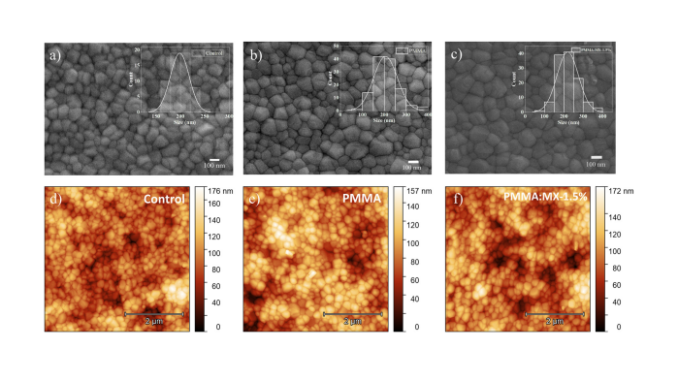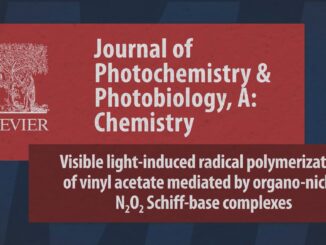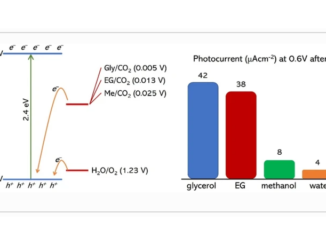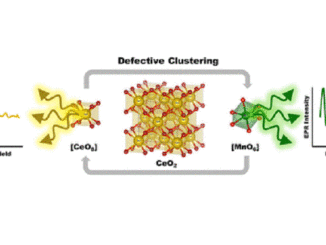
Interface passivation with Ti3C2Tx-MXene doped PMMA film for highly efficient and stable inverted perovskite solar cells
Abstract: Achieving inverted perovskite solar cells (PSCs) that combine high efficiency and long-term stability is still challenging due to intrinsic material issues and low tolerance to environmental factors. The use of an ultra-thin poly(methyl methacrylate) (PMMA) layer to passivate interfacial defects as well as working as a physical barrier to extrinsic factors is promising. However, the low electrical conductivity of PMMA may have deleterious effects on charge extraction. Herein, we explored the use of Ti3C2Tx MXene as a PMMA additive (PMMA:MX) to tune the electrical features of the passivation layers. The optimal concentration of MXenes resulted in improvement of the PSC photovoltaic parameters, boosting their efficiency to 21.30 ± 0.51% (22.1% for the benchmark PSC). Electrical characterizations indicate a reduction of trap state densities accompanied by mitigation of non-radiative recombination. These features contributed to an increase in the extraction of photo-generated carriers and a considerable enhancement of Voc. The improved performance may be attributed to the electrical properties of MXenes and the better wettability of the PMMA:MX interface. Furthermore, the combination of hydrophobic characteristics and passivation features of the PMMA:MX layer resulted in more stable PSCs. The PMMA:MX based devices maintained 95% of their original PCE after 3000 h (ISOS-D-1I) and took 3× longer to reach T80 compared to the control PSC under heat and light soaking (ISOS-L-2).
Author(s): João Pedro F. Assunção, Hugo G. Lemos, Jéssica H. H. Rossato, Gabriel L. Nogueira, João V. M. Lima, Silvia L. Fernandes, Rafael K. Nishihora, Ricardo V. Fernandes, Sidney A. Lourenço, Diego Bagnis, Sydney F. Santosc and Carlos F. O. Graeff
J. Mater. Chem. C
Published 28 Nov 2023
DOI https://doi.org/10.1039/D3TC03810F
CDMF
The CDMF, hosted at the Federal University of São Carlos (UFSCar), is one of the Research, Innovation and Dissemination Centers (RIDC) supported by the São Paulo State Research Support Foundation (Fapesp), and also receives investment from the National Council Scientific and Technological Development (CNPq), from the National Institute of Science and Technology of Materials in Nanotechnology (INCTMN).




